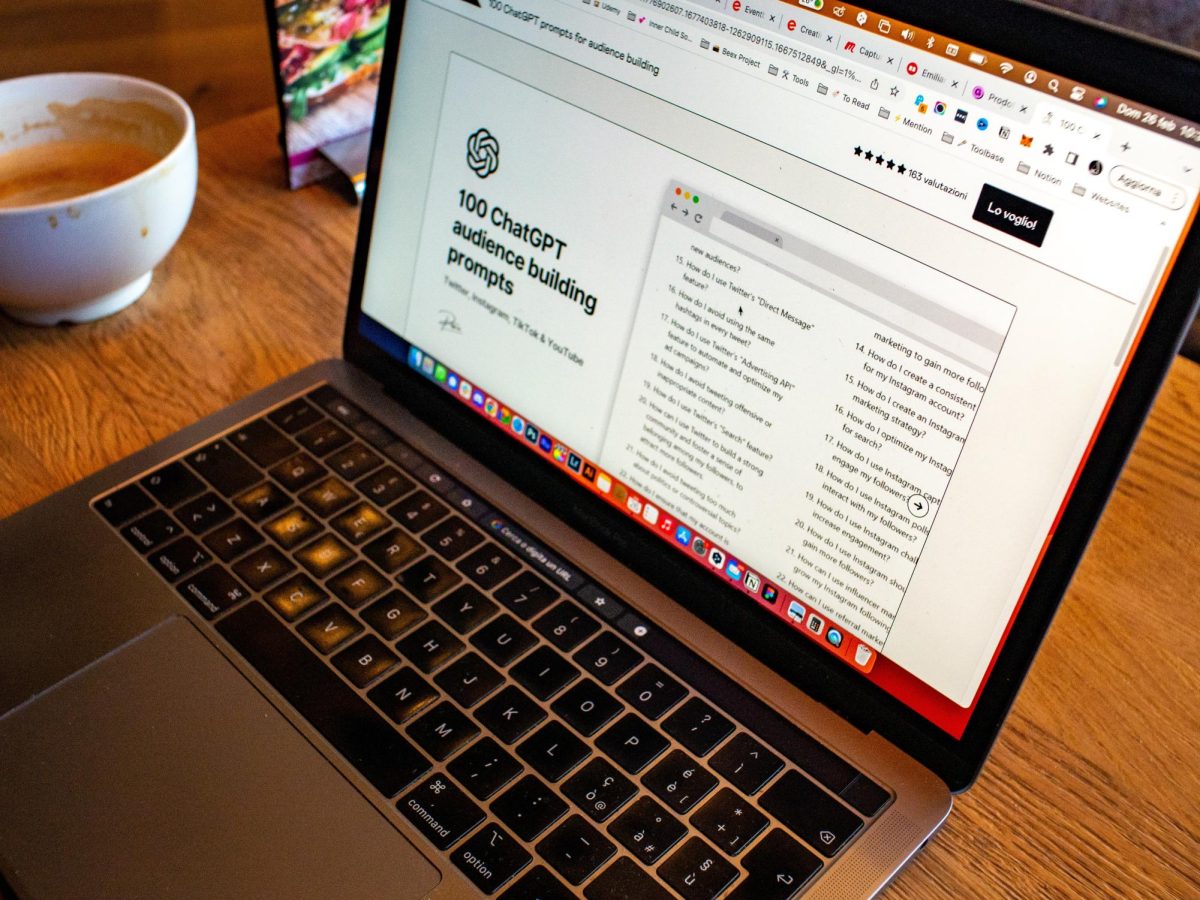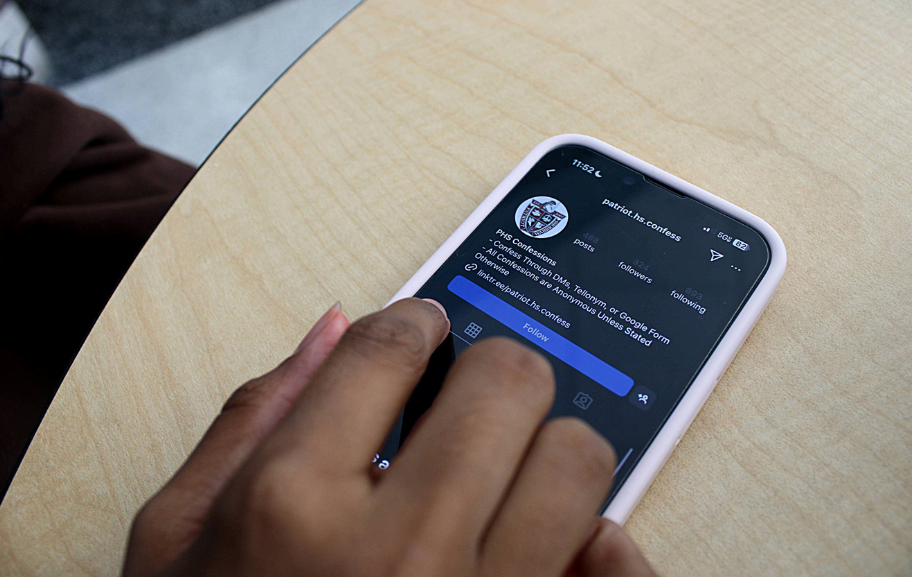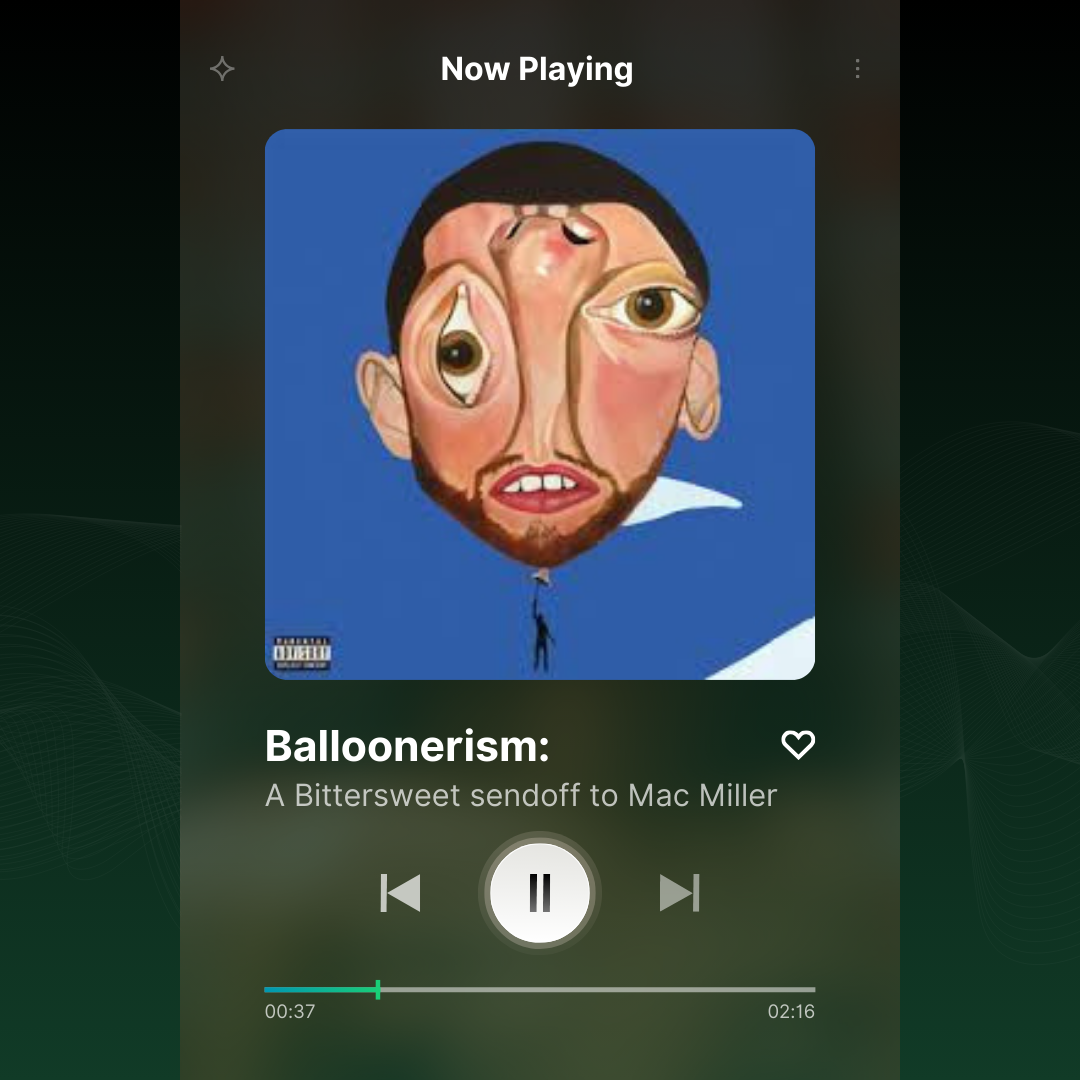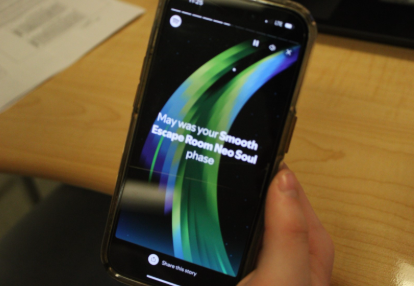With the rise of AI technology in education, schools are rethinking how students can use it to boost their academic performance. One such AI language model, ChatGPT, has sparked controversy and has teachers and students wondering whether it is a tool for creativity or just another form of cheating. As we continue to explore how students are using ChatGPT, the pondering remains on it how it could futuristically shape the system of education.
According to OpenAI, ChatGPT can be a valuable tool for providing feedback to student writers, as it can quickly and accurately identify potential errors in grammar, syntax, and tone, while also
offering suggestions for improvement. Additionally, its ability to understand and interpret human language allows for a more natural and personalized feedback experience, potentially enhancing the writing process for students.
The student population also has opinions on the new technological tools. According to an article on The Byte, a polls results shows that 89% of students have admitted to using ChatGPT for assistance on a homework assignment. In contrast to this, according to the same survey, three- fourths of students wish for ChatGPT to be banned regarding the worry about the influence it has on the increase of cheating in school.
AI technology overall has potential to assist students. Brittany Washburn, a source that provides information on technology related teaching resources, states how ChatGPT can be utilized to help students recognize their strengths and weaknesses when writing, giving them feedback that may not be caught by the human eye. Another factor of ChatGPT that has caught student’s attention is how the AI aced several AP tests, as well as scoring a 1410 on the SAT, according to MIT Technology Review. This has caused students, and even professors, to be intrigued by the AI and its reliability.
The AI has a noticeable number of varying opinions. What would a Computer Science student here at Patriot believe the future is for ChatGPT? Aarushi Chakravorty (’25), a sophomore in AP Computer Science Principles at Patriot, states how “some examples that are useful to students provided by AI are correcting essays, writing professional emails, and even like giving advice.”
She claims how she can grasp “AI like ChatGPT because of the knowledge I’ve gained from the course,” adding how “it is very helpful when it comes to proofreading.”
Adapting to new influences is important, especially nowadays with new media being published left and right. As Indiana University Bloomington states how AI can be used by students due to the amount of workload given. Laziness is an assumption to most users of the chat bot, but numerous student athletes struggle with handling extracurriculars, along with their assignments given.
Daniella Ansah (’25), a student athlete who runs the mile and the 800-meter event for the Patriot High School track team, admits how “yes, it is very tempting” when it comes to the temptation of wanting to get work done quickly. She states how “being a track athlete has its perks, but schoolwork is not one of them.” She also claims how she “doesn’t recommend using it every
chance you get” but also how “it gets ideas from everywhere, making stuff that needs studying easier to remember, because you can adjust it to fit your level of education.” These statements give support on how ChatGPT can be utilized on assignments to prevent procrastination when studying, while having little time as a student managing multiple extracurriculars. Without meaning to discount students’ academic integrity, there is more than simply laziness behind the increasing usage of ChatGPT.
The use of AI technology in education is not a new concept, but ChatGPT’s advanced capabilities and ease of access have caused people to reconsider its impact. As the education system continues to adapt to new technological influences, it is important to carefully consider the potential risks and benefits of AI language models like ChatGPT.
In the face of this divisive debate surrounding ChatGPT, it is essential that educators and administrators take a stance and decide on whether to embrace or prohibit its use in education. As AI technology continues to transform the education system, it is vital to recognize both the potential benefits and risks of ChatGPT and make an informed decision that prioritizes academic integrity while also supporting student learning and growth. So, the question remains, will you embrace the future of AI in education or reject it altogether?

